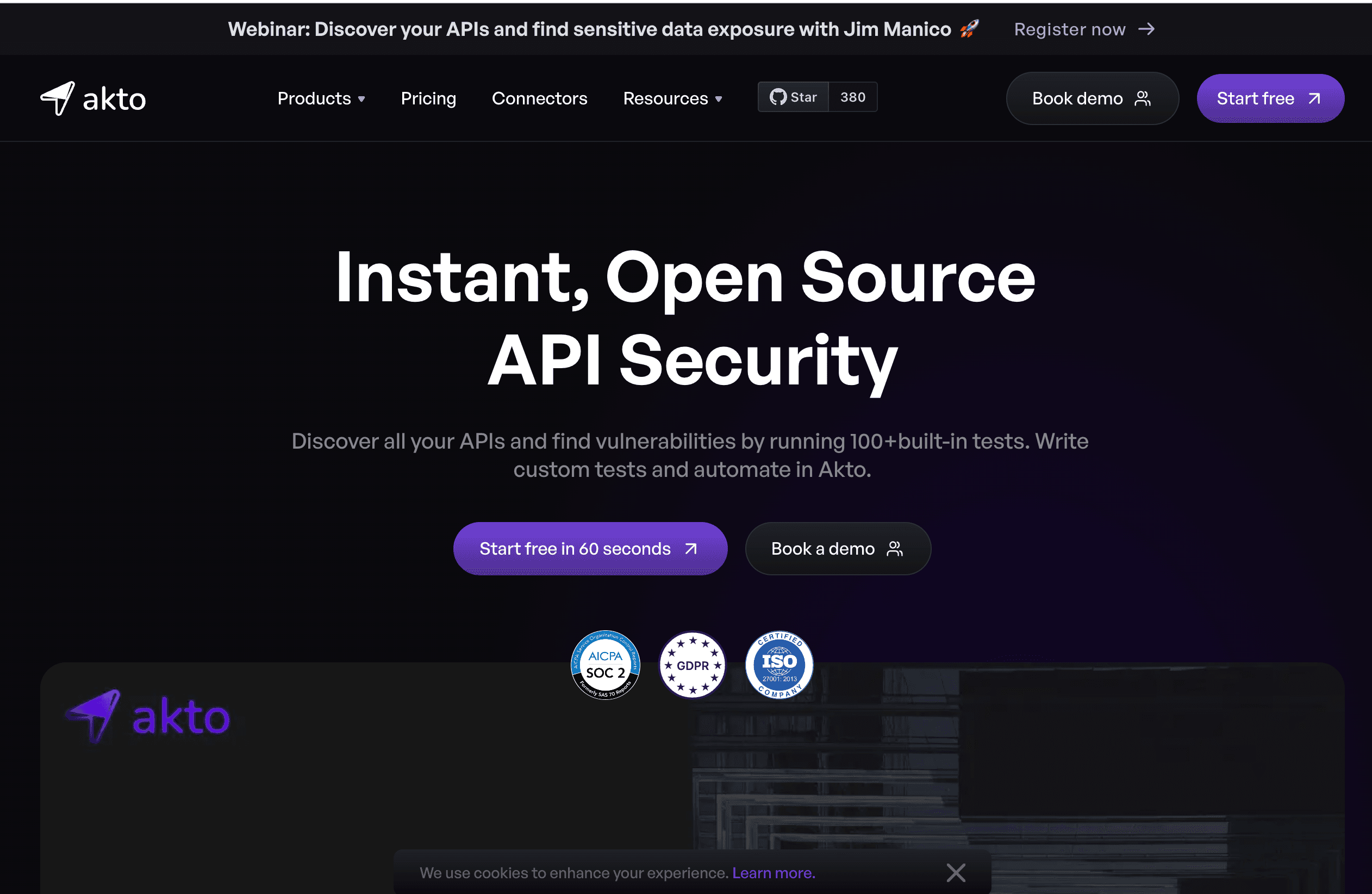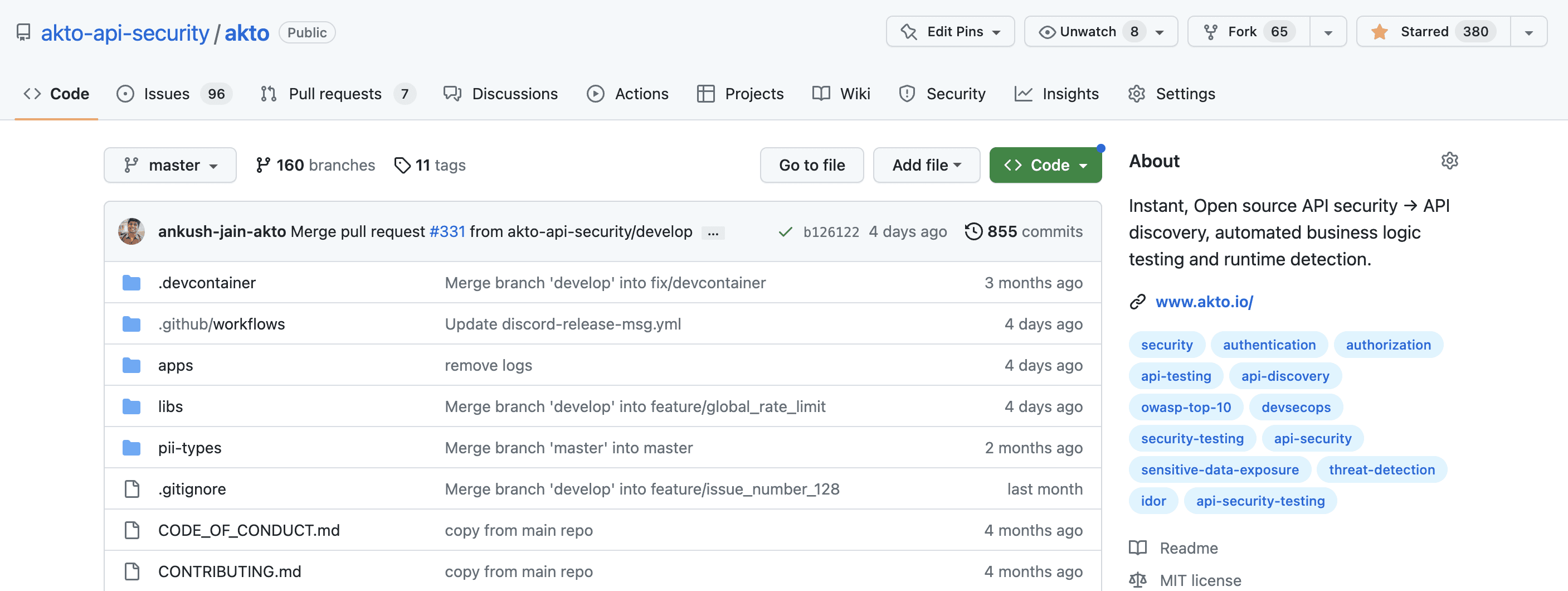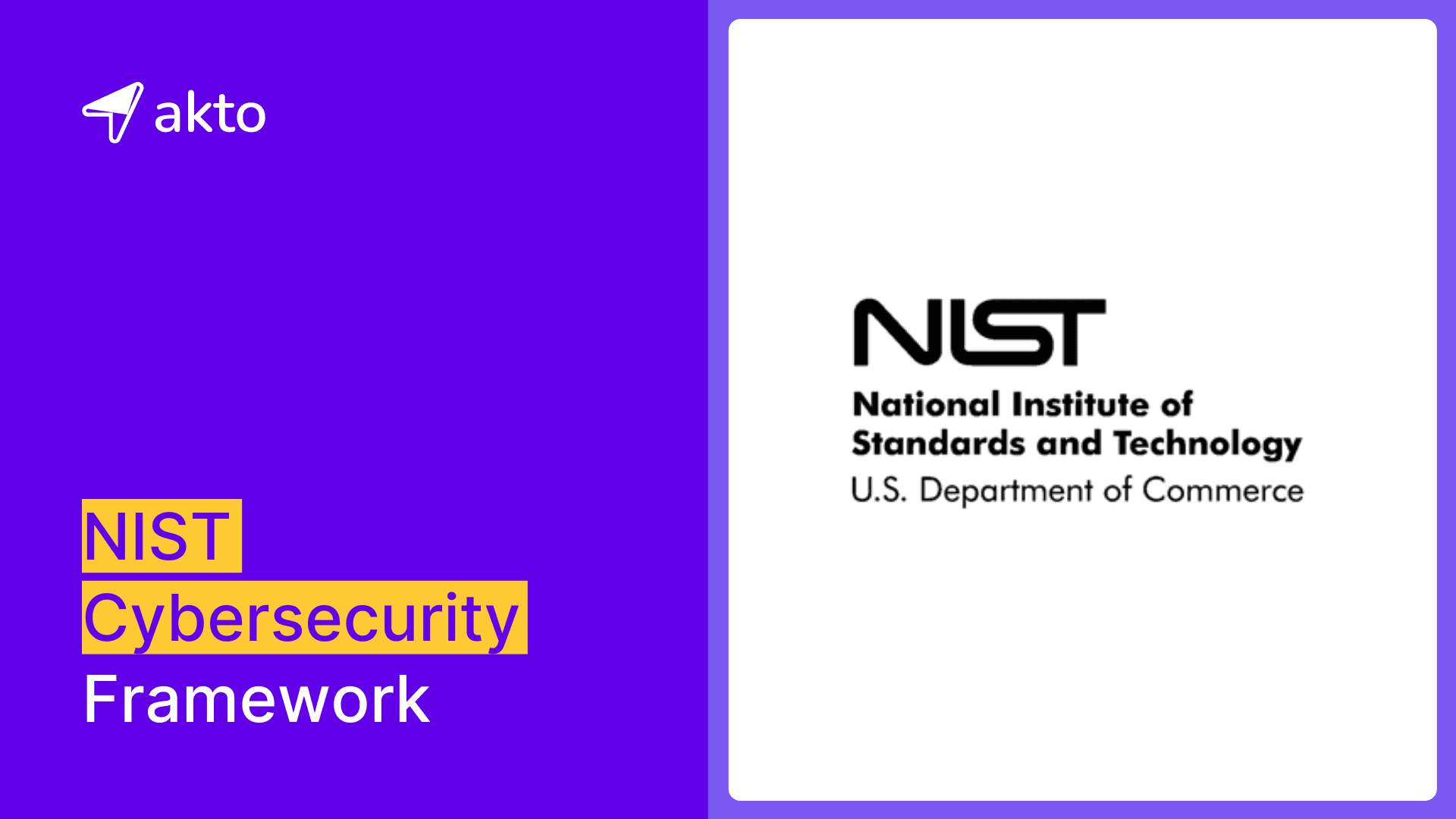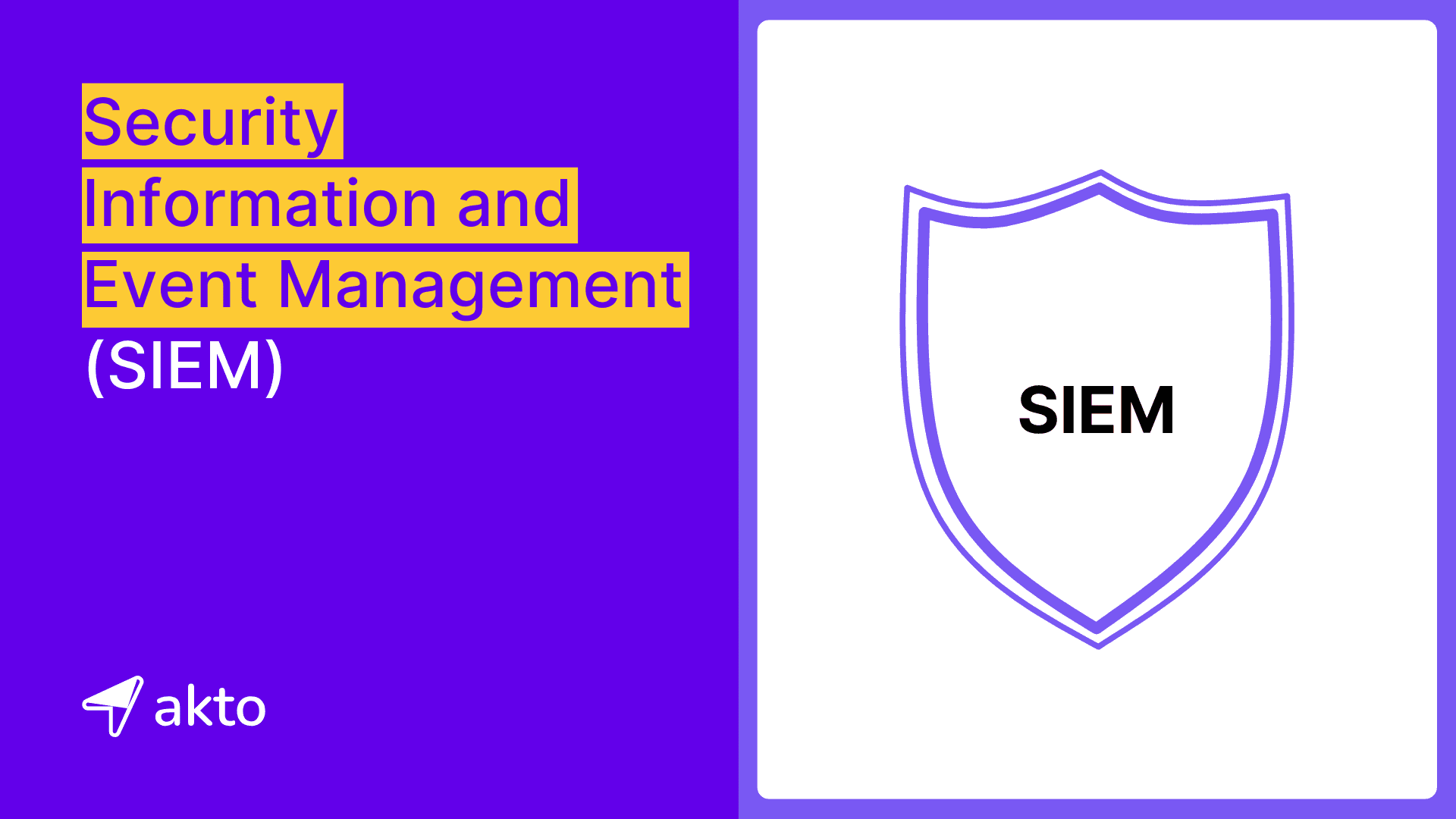
Startup Tools: 25 Must have Tools for Every Early Stage Startup founder and team
Learn about 25 must-have startup tools that early-stage startups can use to improve efficiency. These include internal documentation, collaboration and more..

Ankita Gupta
Jun 10, 2023
As an early-stage startup founder, you will want to avoid wasting time on non-value-adding activities. Using the right tools can not only save you and your team time, but also improve efficiency and be the catalyst for delighting users. It can be overwhelming to search for the best tools and products for each category, especially when you have limited time and resources.
As a startup founder, I have faced this problem myself. Not just that, I've had a lot of founders in the early stages of their business asking me or discussing on founder groups for work tool and product recommendations. Recently, I sent a huge list to one of them. These tools have been lifesavers for Akto, and I thought it might be a problem faced by many founders out there, so I decided to write a blog about it.
In this blog, I'll be sharing with you my top recommendations for various categories of tools and products that I've personally used and found to be extremely effective. These categories are below. I have not included engineering/ tech products here as I feel that’s a super category in itself with many subcategories. Ankush potentially might write a blog on it one day.
Internal Documentation
Collaboration Workspace
Internal Communication
Meetings
Design
Website
Code Management
Product Documentation
Community
Email Marketing
Customer tickets management
Customer Support
Changelog
Code quality checks
Cloud
Investment tools
Equity Management
Scheduling
Product Analytics
Credit Card
Company Registration
Payments
Digital Agreements
Video Editing
Events

1. Internal Documentation for Startup
Notion is an amazing product! I'm a huge fan and even wrote this blog on it, which really speaks to how much I use it. Internal documentation is a no-brainer with Notion, and their AI feature for it is truly game-changing. If you're an early-stage startup, you can easily get startup credits that last for a good few months. We've been using Notion since Day 0, and it's been a fantastic choice for us. You won't just write internal company documentation on Notion, but you can also easily share documents with your customers, investors, potential hires, and partners.
2. Collaboration workspace for Startup
Okay, so when it comes to work collaboration, Google Workspace is our go-to product. It's like a whole package deal that includes everything in Google Suite except for GCP. As a team, we heavily use its email, calendar, and video conferencing ability, and sometimes we even use Google Docs, Sheets, and Forms. The best thing about Google Workspace is it's super affordable.
3. Internal Communication for Startup
Slack is undoubtedly the best tool out there for internal team communication. It is very user-friendly and my team loves it. Engineers, in particular, find it easy to collaborate on Slack. One big advantage of Slack is its ability to add external contacts to the same workspace and create shared channels with them. Suddenly, you are collaborating with all your customers, partners, and vendors in one place, and work doesn't get delayed due to inefficient email communication. I also heavily use Slack to share company updates with employees. I don't think employees consume emails as well as they consume Slack updates. I highly recommend getting Slack.
4. Meetings
We extensively use Google Meet for all of our meetings. I believe Meet works exceptionally well with Chrome because both are Google products. As a result, screen sharing is very easy to use with Meet compared to other meeting tools. It's also easy for external participants to join a Google Meet with just a link, whereas other products may require downloading an app first. The user experience is just awesome.
5. Design
Figma is the default choice for most designers. I am yet to meet a designer who doesn't like or use Figma. In addition to being user-friendly and easy to adopt, Figma also provides a seamless collaboration experience between designers and developers.
6. Website for Startup
This is tricky because I developed Akto's very first website myself, so I have a strong opinion on the tool of choice for our recent website redesign. We used a new tool called Framer, and I have to say, I'm amazed by this product every day. It’s completely no-code, very figma like so also easy for designers to adopt, with all the ability to add your custom code wherever needed. It's a masterpiece and I think it's truly a game-changing product for all website designers out there. You can visit Akto's website and see for yourself. We built it in just 20 days, including building the new designs. Framer has pretty much everything we were looking for in a long-term website partner. Here is an example website built on framer.

7. Code Management for Startup
This is simple. Use GitHub. For us Github was a no brainer also because our product is open source on Github. This is our open source repo.

8. Product Docs for Startup
After going back and forth several times, I ultimately decided to use Gitbook. Although I find Gitbook to be easy and simple, our use case was slightly different. We wanted to keep our Github documentation in sync with our product documentation, and Gitbook offers a very straightforward integration for this purpose. If you want to see how Gitbook docs look, here is an example.
9. Community for Startup
Discord is our chosen platform for managing our community. Previously, we used Slack for community management, but it was difficult for people to adopt. The choice of community platform depends on your target audience. Our community primarily consists of security engineers and developers, making Discord a more user-friendly option for them. Discord is also great for hosting community events and offers custom channels for more than just chat. For example, we host bi-weekly office hours on Discord. If you plan on doing a lot of engagement with your community, Discord may be the better choice. However, some companies such as Datadog and Pulumi have awesome Slack communities. To make our choice, we compared existing open communities on Slack and Discord. Ultimately, I don't have a strong recommendation for Discord versus Slack, as the decision depends heavily on your target market and goals for the community. One of the most popular Discord community is that of Roblox here.
10. Email marketing for Startup
I have only used Hubspot once for email marketing, but the experience was awesome! As a newbie who doesn't know much about email marketing, I didn't even have to read Hubspot's documentation to set up an end-to-end one-time job very easily. I think I'm beginning to really like Hubspot as I explore it more and more.
11. Customer tickets management for Startup
This is an interesting topic, as we are currently using Hubspot to track customer tickets and it has been working well for us so far. However, I am not sure if we will continue to use Hubspot for customer tickets in the long run. The three main reasons we started using Hubspot for tickets are that one, it already has all of our customer contacts and updates them automatically, making it easy to add tickets against each contact. Second, it was easy to sign up and start using without having to pay from day one. Third, it has a seamless slack integration which means team doesn’t have to use dashboard to manage their tickets. Although we pay for Hubspot now, we didn't initially pay for it until we realized it was worth the investment. It's a true product-led growth (PLG) product.
12. Support for Startup
Intercom was an easy choice for us due to its ease of integration, smooth operation, and user-friendly interface. Although we use the basic version of Intercom, it also offers some very useful custom workflows, product workflows that we plan to utilize in the future. We have integrated Intercom into both our website and product, and it works seamlessly in providing real-time customer support. Additionally, we have a mobile app of Intercom, which features a super simple chat interface with users.
13. Changelog
I have been using Beamer for a year now, but I wasn’t updating the Changelogs as religiously as I should have. However, I am now more timely with it. I realized that customers keep asking what's new and where they can see it. Beamer allows for easy editing of Changelog and also has a very cool product integration. We have a beamer supported Changelog both on our website and product. We recently upgraded to a paid plan for custom branding. Here is an example of changelog via beamer.
14. Code quality checks
We use Sonarcloud for code quality checks. It is a developer-friendly product that performs its job well. At an early stage, you have a small dev team. Sonarcloud helps in maintaining code quality and avoiding obvious technical bugs with 0 intervention. It servers as an automated level-1 code review.
15. Cloud for Startup
AWS, of course! I am a diehard AWS fan.
16. Investment tool for Startup
This is a new category, and I don't even know how to define it. I had no idea how to invest the raised funds and prevent them from sitting idle. I kept delaying this decision, but the SVB fiasco triggered us to take action. We are now using Meow as our investment tool, investing in US T-bills. It is amazing! Meow puts the money in US T-bills, and you can earn as much as 5% or more. It's much better than other banks and is extremely easy to set up. Additionally, Meow has a dedicated support team and doesn't have any platform fees.
17. Equity Management for Startup
I don't think it's necessary to get an equity management tool in the early stages, until you have a team of at least ten members. At our company, we got this tool later, when the need arose, and now we are using Carta for our cap table management. It does pretty much everything you need, but we mainly use it for cap table, ESOP management, and employee portals.
18. Scheduling
Calendly is a simple yet powerful scheduling tool. After using it as a free user for a year, I became a paid user. I never tried other scheduling tools because Calendly works well for us.
19. Product Analytics
We use Mixpanel for product analytics. It's easy to onboard and get started, and it's a developer-friendly product to integrate. This makes it easy for us to adopt internally for all product analytics use cases. You can even get startup credits for Mixpanel, so you won't have to pay for a few months.
20. Credit Card
I cannot recommend Brex highly enough. I particularly like three things about it in addition to its ability to function well as a credit card. First, Brex offers virtual credit cards. Second, it is very global and does not suddenly decline payments or overcharge when making international payments. Third, its travel portal is great for booking low-cost flights and hotels.
21. Company registration
We explored multiple products but ultimately chose Stripe Atlas. We didn’t want to take any risks and opted for a slightly more expensive, but trustworthy product. The process was smooth and easy. We registered our company, Delaware C Corp, just three days after starting the application process.
22. Payments
Stripe is the default choice for billing and payments solutions. It is easy, trustworthy, and available globally. It would be hard to find a better option than Stripe. I chose Stripe because I did not want to experiment with other options in this category. It only took me 15 minutes to set up Stripe payments. I'm not kidding!
23. Digital agreements
Docusign is our go-to choice for digital agreements. It is simple and easy to use, and I cannot think of any other digital agreement product that compares. We default to using Docusign for all of our agreements.
24. Video Editing for Startup
After struggling for a long time, I settled on VEED.io as a video editor, and I am very happy with its capabilities. Check out some of our videos on our YouTube channel, all of which were edited using VEED. Graphics were created using Canva and some with AI. Veed.io is great for cropping, removing noise, adding animations, adding subtitles (especially for product demos), adding your custom branding, and most other things. Although I have never used it, VEED also comes with more features such as the AI image generator, screen recording, audio converter, and TikTok downloader. Overall, it is a very decent product for any video editing. An example here.
25. Events for Startup
Luma is my favorite tool for organizing events (not hosting them). It is a simple, easy-to-use product that does its job very well. With Luma, you can quickly organize an event and host it on Zoom, Discord, YouTube Live, Twitch, or any other platform of your choice. The power of Luma lies in its ability to create beautiful and easy-to-use event pages, as well as manage event registrations out of the box. An example of the event created by luma here

I have covered 25 categories above, but there are more that I could have discussed, such as Engineering Task Management, Compliance, Authentication and website traffic.
It's worth noting that these tools can be quite expensive, but investing in a good tool is crucial, especially in the early stages of a startup. Automating non-value adding tasks allows you to focus on more important work. That is a mantra a live by.
Most of these tools offer a PLG (product led growth) model, meaning that I was able to use the free versions for months before we started paying for them. Some interesting statistics:
I used the free version for 22/25 products for months before we started paying for them.
We still use 5/25 of the above products for free.
We used startup credits for most the tools above before we started paying for them. Get startup credits as much as possible.
With the exception of two products, I bought all of the above products myself without a sales call.
Keep reading
API Security
8 minutes
NIST Cybersecurity Framework
The NIST Cybersecurity framework provides organizations with a set of standards, guidelines, and practices to develop strong cybersecurity practices for managing cybersecurity risks effectively.
API Security
7 minutes
API Security Audit
An API Security Audit evaluates APIs, identifies potential risks, and strengthens the organization's defenses against security breaches and cyber-attacks.
API Security
8 minutes
Security Information and Event Management (SIEM)
SIEM aggregates and analyzes security data across an organization to detect, monitor, and respond to potential threats in real time.
Experience enterprise-grade API Security solution



